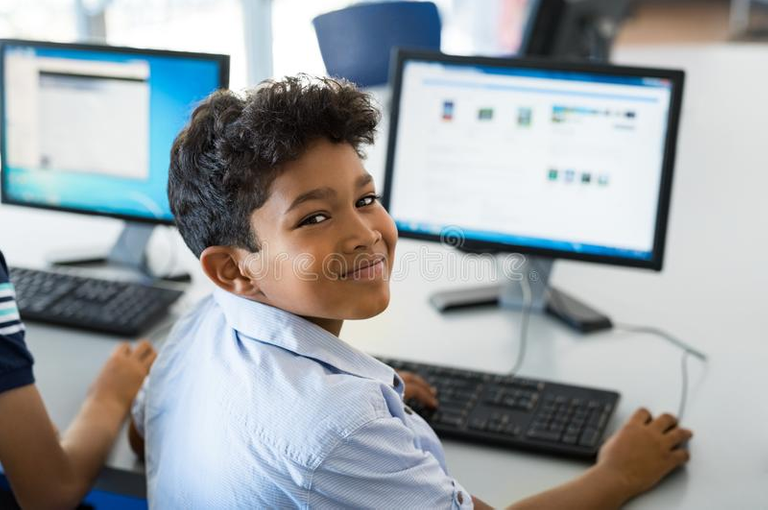Good eyesight is vital for educational achievement. Experts say 80% of school lessons are presented visually. Undiagnosed visual issues can lead students to fall behind. A child's psychological development and quality of life depend on healthy eyesight. Playground games and sports demand clear vision.
Children's eyesight issues are difficult to spot. 25% of schoolchildren have undetected vision problems. Visual impairment is a "hidden problem" for children. Using advanced technology, an eye exam may measure the level of vision and analyse the eyes' structure and function. Early detection and treatment of vision issues improves outcomes.
Vision can vary before and after elementary school, therefore every child should get an eye test annually. The ophthalmologist may urge more frequent follow-up if an issue or risk factor is discovered.
How accurate is the school eyesight screening?
School vision screenings are not comprehensive eye exams. Although the youngster has good eyesight, the visual skills needed for healthy reading and learning are more sophisticated. A complete eye exam can identify focusing, eye tracking, and eye harmony issues. Children who have had a school eye test and have no vision concerns should get an annual eye exam.
When purchasing sunglasses for students, consider UV protection. Eyeglass lenses should offer maximum UV protection. UV protection should be 100%.
Students should use sunglasses with grey and black lenses. Pink, blue, and other coloured glasses distort and impair colour perception.
Due to remote education, students spend more time watching TV and using the computer during the COVID-19 epidemic. Tablets and laptops are less ergonomic and healthier for the eyes than TVs and desktops. The screen's top should be eye-level. Minimum screen distance of 60cm and lowered screen brightness. 20 seconds every 20 minutes, look 6 metres away. Ophthalmologists recommend graduated glasses. Long computer use causes dry eyes, thus contact lenses should be avoided.
Blue light may induce retinal damage, however this hasn't been established. Blue light from screens causes sleep issues in youngsters.
American Academy of Ophthalmology: Computer screens emit very little blue light. Blue light-filtered glasses aren't suggested because they don't affect the eyes.
If the pupil has no refractive defects, gliding, or lazy eye, there is no scientific data on screen-related gliding. If the student has "latent hyperopia" and a drop exam reveals a high eye number, the concealed shift may become visible from long-term screen use.
If there is no recognised cause of amblyopia, such as a discrepancy in the two eyes' pupil numbers, there is no scientific data on screen-related lazy eye. In a child who stares at a screen for a long period, the brain stops using data from the eye with the higher number because the image is distorted. Lazy eye occurs. Screen time worsens lazy eye.
